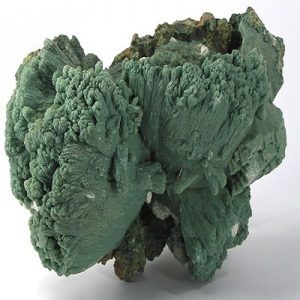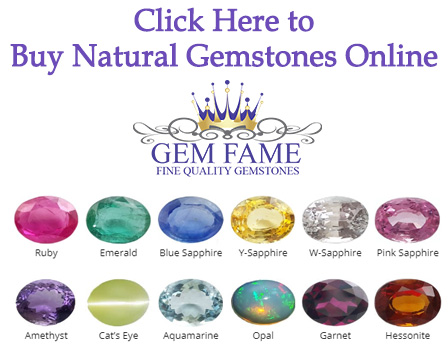Celadonite (incl.)
Celadonite is named from the word that is french, for sea green, referring to its typical color. Celadonite is a known user for the Mica Group of minerals that also includes Lepidolite, Muscovite, Phlogopite and Polylithionite. Celadonite is usually a massive, fairly unattractive, mineral except when it’s included in other minerals. One example is zeolites being indian such as Heulandite, colored green by Celadonite inclusions. Possibly many example that is beautiful Celadonite included Quartz from Madagascar (as seen in the picture towards the top of this page). Quartz gems cut to show Celadonite phantom inclusions are particularily beautiful.
Massive Celadonite can be acquired from many localities global but gemmy types of Celadonite included Quartz are only known from Madagascar.
| Chemical Formula: | K(Mg,Fe2+)(Fe3+,Al)Si4O10(OH)2 |
| Potassium Magnesium Iron Aluminum Silicate Hydroxide | |
| Molecular Weight: | 429.02 gm |
| Composition: | Potassium | 9.11 % | K | 10.98 % | K2O |
| Magnesium | 4.53 % | Mg | 7.52 % | MgO | |
| Aluminum | 0.63 % | Al | 1.19 % | Al2O3 | |
| Iron | 14.32 % | Fe | 3.35 % | FeO / 16.75% Fe2O3 | |
| Silicon | 26.19 % | Si | 56.02 % | SiO2 | |
| Hydrogen | 0.47 % | H | 4.20 % | H2O | |
| Oxygen | 44.75 % | O | |||
| 100.00 % | 100.00 % | = TOTAL OXIDE |
| Crystallography: | Monoclinic – Prismatic |
| Crystal Habit: | Minute micaceous scales or earthy aggregates. |
| Twinning: | None |
| Cleavage: | Perfect on {001} |
| Fracture: | Clay-like fractures with no visible crystalline affinities |
| Tenacity: | Fragile; Friable to Unctuous |
| Moh’s Hardness: | ~2.0 |
| Density: | 2.95 – 3.05 (g/cm3) |
| Luminescence: | None |
| Radioactivity: | Barely Detectable; GRapi = 130.24 (Gamma Ray American Petroleum Institute Units) |
| Color: | Blue-Green, Olive-Green, Apple-Green |
| Transparency: | Translucent to Opaque |
| Luster: | Earthy (Dull) |
| Refractive Index: | 1.606 – 1.662 Biaxial ( – ) |
| Birefringence: | 0.0270 |
| Dispersion: | Moderate; r < v |
| Pleochroism: | Visible; yellow-green, blue-green |


